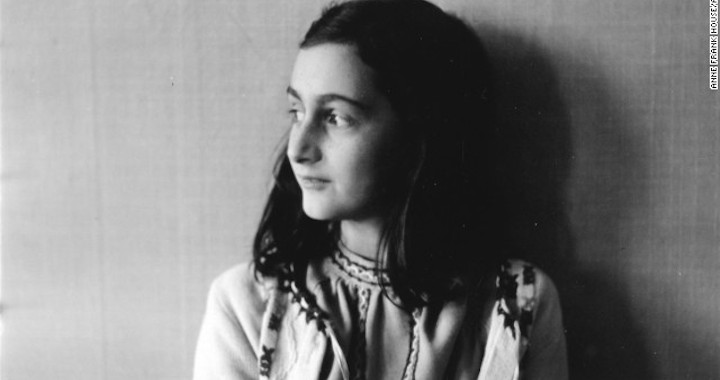Seventy years ago today, on a hot August day, the Dutch hiding place of the Franks was discovered by the Nazis. The family was sent east. Only one of them, the father Otto, would survive. Left behind, Miep Gies, who had helped the Franks evade capture for so long, discovered what is now perhaps the world’s most famous diary. It was published, and the most human of faces put firmly onto the Holocaust.
For every Jew, the question after the war was very simple: What should we, could we, have done differently? For the rest of the world, ironically, the question was the same. Could we have helped more? Could we have saved them? Sadly, few wanted to try. The Jews were some of the most despised residents of Europe, prideful of the culture they had maintained through exile, slavery, diaspora, war and forced conversions throughout the centuries, but seen by many others as outsiders, different, insular.
For better and for worse, the mistake of the Holocaust was not one the Jews were going to repeat. They would forge a new future in which they were the masters of their fate, in which they would be able to meet force with force. They were not going to be led like lambs to the slaughter again.
Related: There’s only ONE side to pick in Israel vs. Palestine
The hard reality of what we should feel about the Holocaust was thrown into sharp relief by Simon Wiesenthal’s book, The Sunflower, in which we’re asked to live one moment in another man’s shoes. A Jew in a concentration camp is brought to a dying SS officer, and forgiveness asked of him for what the Nazi has done. Like Anne Frank’s diary, the soul-wrench of the book is that it’s real. This is just what happened to Wiesenthal. So while for us it is an ethical dilemma, for him it is one of the pivotal events in his entire life. And he asks us, the audience, to share in that crisis, just as Anne Frank invites us into her world of fear and innocent wonder.
One of the things both these tales invite in me is the chance to look inside and realise that I live outside these situations. It is not my crisis, existentially or theologically. At some fundamental level, I do not understand. And so I must approach them with humility, and a profound sense of my own weakness, of my own humanity.
From Anne Frank to Gaza, we can see the working out of these two approaches. The first, passive and submissive (yes there were exceptions), the second, proactive and violent (yes, there are exceptions).
And which do we feel is right? Which do we feel is the proper response? Do we cheer Israel’s defiance in the face of so much hatred? Do we cheer the Jewish victory over their would-be destroyers? Do we shun the meek Jew of the 1940s who goes shuffling off to certain death?
I do not ask these questions because I think this is an easy exercise in theology. I think the Christian response is incredibly difficult. Because Jesus was faced with his Holocaust, and not only did he submit to it, he actively stopped opposition to it. He laid down his resistance, but also the resistance of others on his behalf. Was this simply to bring about the fulfilment of God’s plan? Or was there another meaning? Much of scripture points to another meaning: do not resist evil.
From this, it would seem that Israel should simply lay down their weapons. Of course, the Palestinians should also do the same. And so neither side lays down their arms, each keen to ensure that they are safe before engaging in that level of trust. It is a standoff, in which the fixed tension of refusal leads to more and more killing.
So, what should they do?
I think the answer is that they should lay down their arms anyway.
Would I do it? I would not.
Why? Fear of pain. Fear of death. Fear of abandoning my loved ones. Fear of causing the death of my loved ones. Fear of allowing others to suffer. Fear of losing? Fear of what others might think. Fear that I wouldn’t be the hero.
So, I would fight.
And I would be wrong.
Do we shun the meek Jew of the 1940s who goes shuffling off to his certain death?
Do we shun the meek Jew of the 1st century who goes shuffling off to his certain death?

